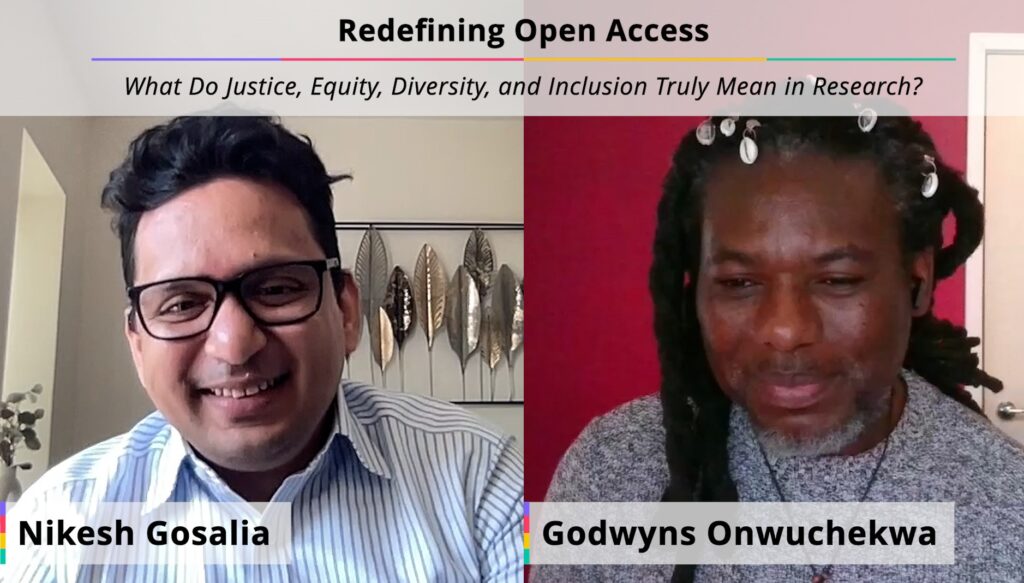Dear academia, it’s time to THINK!

“Academic bullying is a serious concern. Students cannot complain because often their degree is at stake.” – Survey participant (PhD student), CACTUS Mental Health Survey
“Punish supervisors who bully their staff rather than forcing the staff who are bullied to leave. Too many bullies are allowed to remain in academia and they ruin people’s careers and lives.” – Survey participant (Post-doctoral researcher), CACTUS Mental Health Survey
It is no secret that academia has a dark, expansive history of bullying. But two years ago, when we launched the CACTUS Mental Health Survey, we were both alarmed and upset when bullying emerged as one of researchers’ most prominent stress triggers.
Our survey on researcher mental health and wellbeing attracted over 13,000 respondents from around the world. One of the most alarming findings was that over one-third (37%) of respondents reported experiencing some form of bullying, harassment, or discrimination in their work environment. Close to 40% indicated that their organization did not have strict policies to prevent, detect, or take action against such hostile behaviors. The data clearly indicated that bullying was one of the major factors negatively affecting researcher mental health.
Pointing out the need to improve research culture, several respondents suggested promoting equality and preventing hostile behaviors like bullying in the workplace. Their detailed comments highlighted many issues in how incidents of academic bullying are perceived, discussed, and dealt with. Poor or no support for targets of bullying, being forced to remain silent for fear of jeopardizing one’s career or future in the field, lack of safe reporting channels, and lack of consequences for bullies are just some of the problem areas described in survey respondents’ comments.
Over the past few years, a growing body of evidence has suggested an alarming rate of bullying in academia and academic institutions. One in five graduate students who responded to Nature’s 2019 global PhD survey reported experiencing bullying, and 57% of these graduate students said they felt unable to discuss their situation without fearing personal repercussions. According to Max Planck Society’s survey on bullying, 10% of the respondents reported experiencing bullying in the preceding 12 months, and 17.5% reported experiencing it over a longer period of time. Many targets of bullying have come forward with disturbing personal accounts, further highlighting the fact that academia does have a bullying problem.
In order to address this issue, Cactus Communications launched THINK Academia – a global initiative against bullying in academia. THINK is an acronym that stands for what we believe an ideal academia should be – Thoughtful, Humane, Inclusive, Nurturing, and Kind.
The THINK Academia initiative envisions a global academic culture that is free from all forms of bullying. One of our main goals is to make people more aware of what bullying looks like in academia, the forms it could take, and that anyone could become a target of bullying. We’re calling on individuals in academia to lead with kindness and empathy while interacting with colleagues and others in the workplace. We’re calling academic institutions to build and maintain safe channels of communication and implement policies that prioritize their people’s safety, health, and wellbeing.
THINK Academia is geared towards creating a better academia – one in which bullying is no longer a common occurrence, no longer a “rite of passage”, and no longer ignored or disguised. It has been an urgent need for too long. We can no longer ignore the growing numbers, the terrifying experiences, or indeed, the talent we drive away from academia by ignoring the problem. We must act now.
Do you want to be a positive part of the change we need in academia? If your answer is yes, sign the THINK Academia Pledge today and show the world your support for a better academia.





